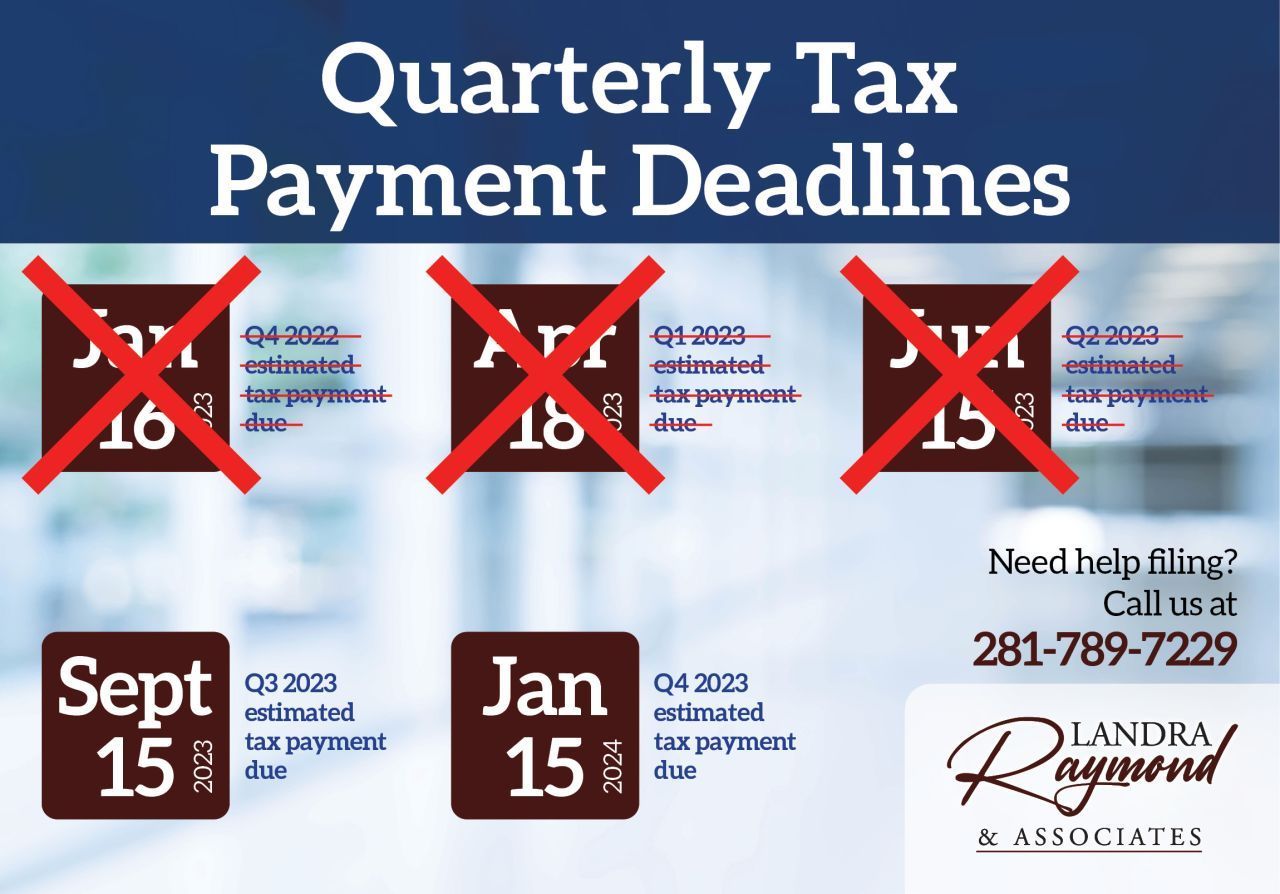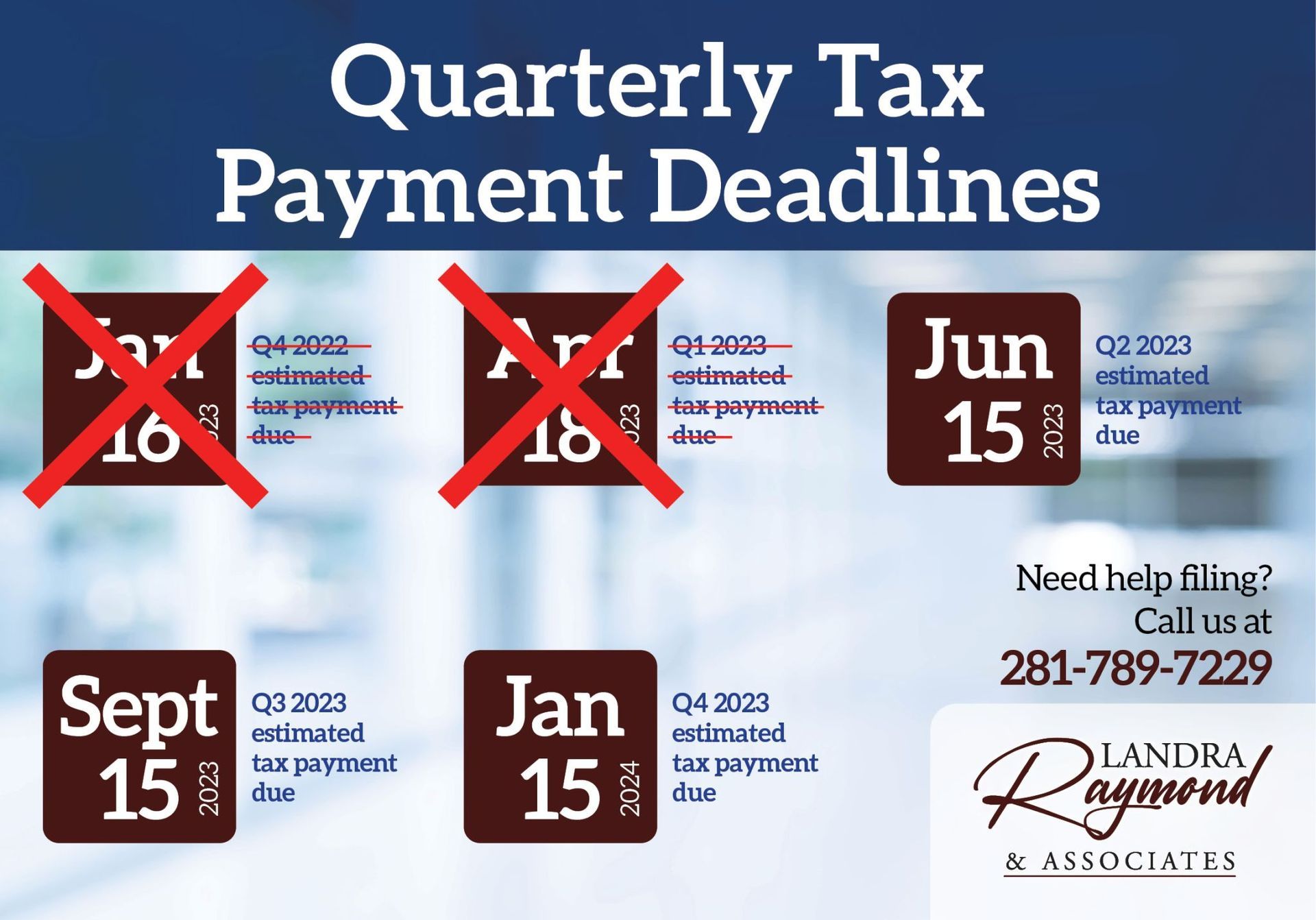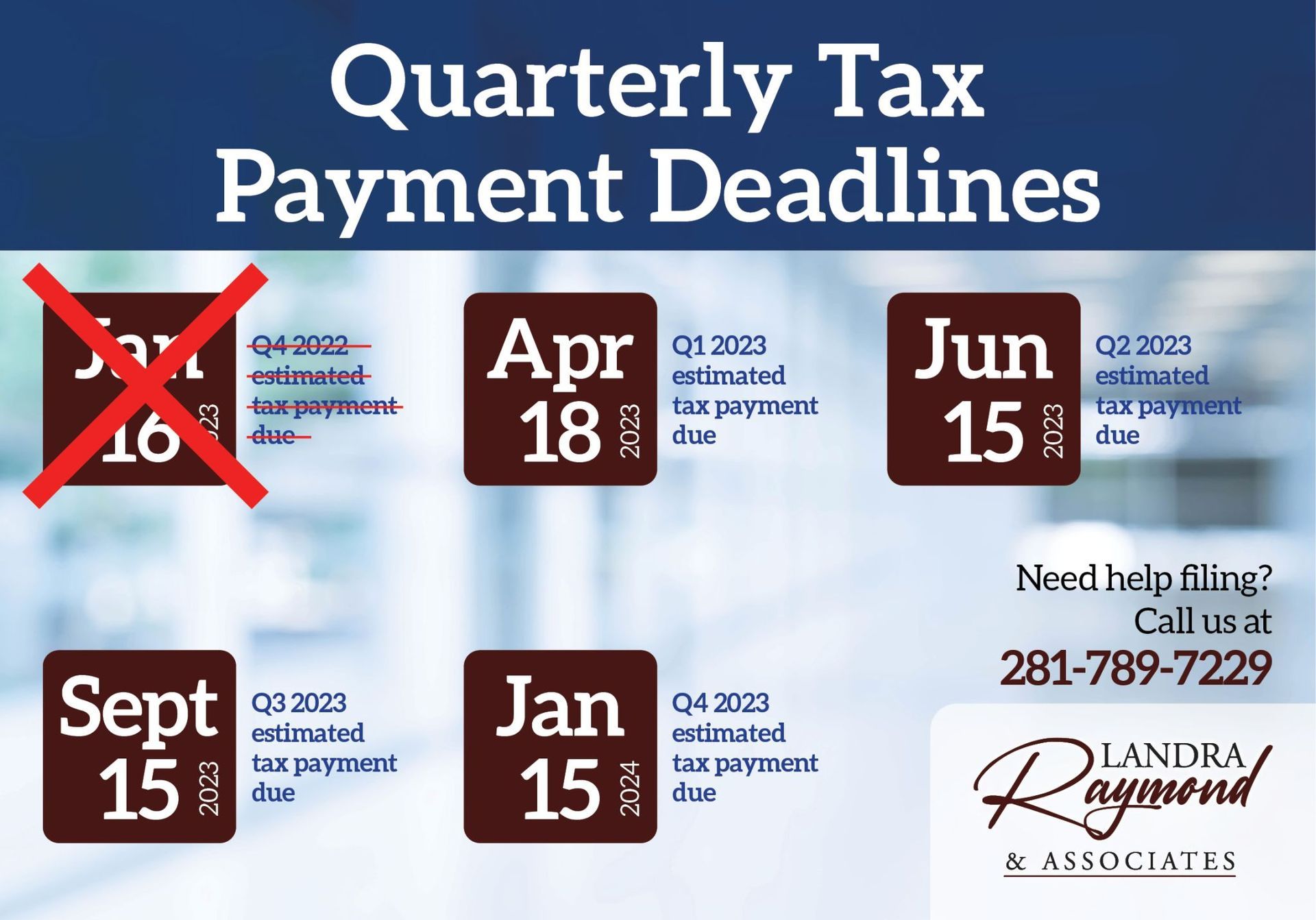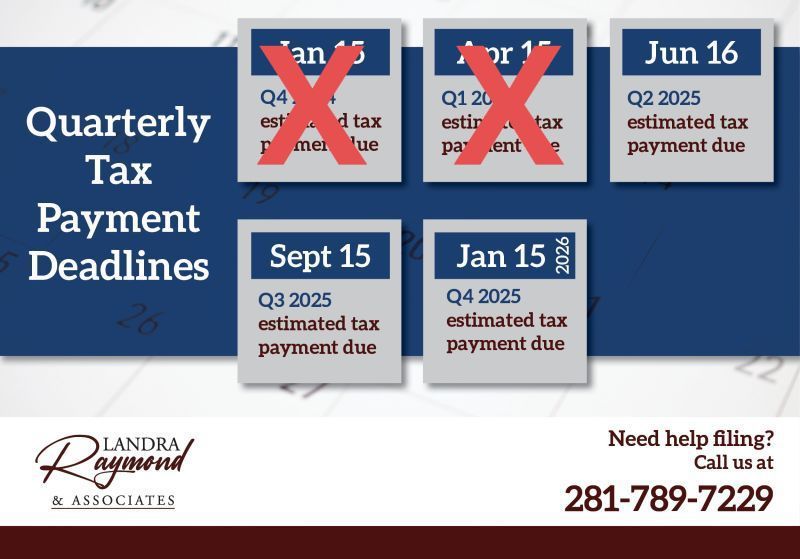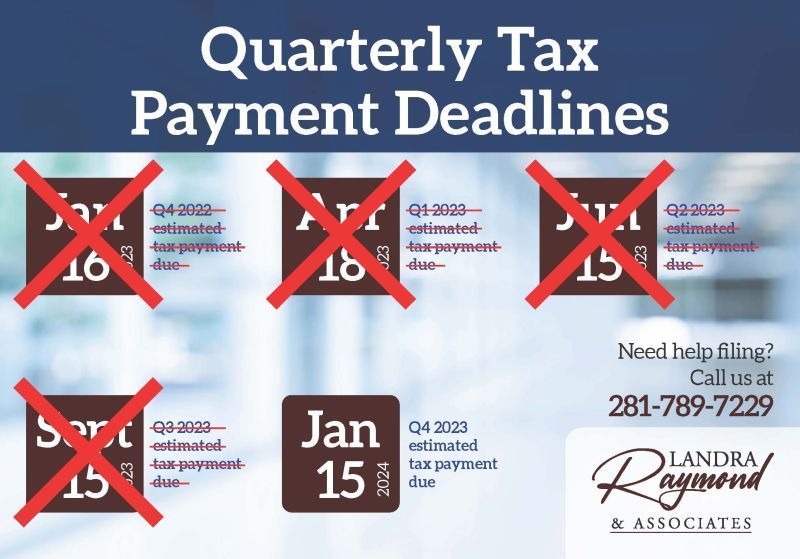What’s a True Tax Deduction?
In 2018, 87.3% of tax returns included a claim for the standard deduction. Most people include this deduction without understanding how it works or why they should take it. Check out the below to further understand what a tax deduction is and what it means for your yearly tax liability.
What Is a Standard Deduction?
A standard deduction reduces the amount of your taxable income and is used if you do not itemize your deductions. Qualified individuals can claim a specific amount for their standard deduction based on certain factors determined by the IRS (filing status, age, are you disabled or claimed as a dependent on someone else’s tax return).
For example, for the 2021 tax year, single and married filing separately individuals could claim a standard deduction of $12,550, joint filers could claim $25,100, and heads of household filers could make a standard deduction of $18,800. In 2022, these amounts increased to $12,950, $25,900, and $19,400, respectively. The IRS regularly adjusts the standard deduction each year for inflation.
What Is an Itemized Deduction?
The alternative to claiming a standard deduction is to itemize your deductions using Schedule A of Form 1040. For the majority of taxpayers, this is not the better option. For many, the standard deduction is larger than the itemized. For others, it is easier to claim the standard deduction than identify and add up individual expenses.
How a Standard Deduction Works
When preparing your taxes, you will start by inputting your income information. Once this is entered, you can decide whether you will take the standard or itemized deduction. If you choose to take the standard deduction, you will make this election, reducing the total amount of income the IRS considers when determining how much you owe in taxes.
When to Claim a Standard Deduction
If your standard deduction is greater than your itemized deduction, then it’s smarter to go with the standard. However, if you have a mortgage or home equity loan, then it’s worth totaling up your itemized deductions because there’s a chance that these will push your itemized deductions to be more than the standard.
Other Types of Deductions
There are other deductions that are available for people to claim. These are deductions that you can claim if you choose to itemize your deductions. If you choose this route, you will need to keep detailed and accurate records. If the IRS ever decides to do an audit, you will need this documentation to prove that you should have rightfully claimed those deductions.
- Student loan interest: If you have a qualified student loan, you can claim up to $2,500 in student loan interest that you paid throughout the year. Both students and parents of students are eligible for this tax break. There are filing status and income level eligibility requirements that you need to meet to claim this deduction.
- Mortgage interest: This deduction can be tricky because there are several distinctions that define who, what, and how much they can claim. The goal of this deduction is to help homeowners build, purchase, or improve their homes by lowering their tax liability.
- Individual retirement account: Both Roth and traditional IRAs are eligible for a tax deduction. While the amount can change, for the 2021 and 2022 tax years, the maximum that you can claim is $6,000. However, if you’re over the age of 50, you can claim up to $7,000.
- State and local taxes: Taxpayers can claim up to $10,000 for state and local taxes paid. If you are married and filing separately, then each spouse can claim up to $5,000.
- Health savings account: If you have a health savings account, then you can set aside pre-tax income to cover your health insurance costs that your insurance doesn’t pay. Your contributions to this account can be deducted from your taxes. While the amount you can deduct can change from year to year, in 2021, they were $3,600 for individuals and $7,200 for families. Taxpayers over the age of 55 can claim an extra $1,000.
- Medical and dental expenses: Many taxpayers aren’t aware they could be eligible to claim medical and dental expenses as a deduction. While you can’t claim all your medical and dental expenses, this deduction can be beneficial if you have especially high care costs. However, you can only deduct out-of-pocket expenses that total more than 7.5% of your adjusted gross income.
- Self-employment expenses: With more people working for themselves from home, self-employment deductions have gained much more attention in recent years. Eligible taxpayers can deduct up to 20% of their qualified business income, resulting in a serious tax liability deduction. It’s best to review what is allowed each year with a tax professional because the guidelines continually change.
- Charitable contributions: This deduction is unique because, unlike the other special deductions, you can claim it when you claim the standard deduction. If you take the standard deduction, you can claim up to $300 in cash contributions. If you choose to make itemized deductions, you can claim cash contributions that are up to 100% of your adjusted gross income. You can only claim charitable contributions made to qualified organizations.
- Investment losses: If you sell an investment at a loss, meaning lower than the amount you paid for it, you could claim this as a deduction on your tax return. This loss could be used to reduce your capital gains tax liability. However, there are limits on the amount you can claim.
- Gambling losses: If you keep a record of your winnings and losses, you can deduct your gambling losses on your itemized deductions. However, the amount you claim as a loss cannot be more than the amount you claim as gambling income on your return.
How Is a Tax Deduction Different from a Credit?
A deduction reduces the number that the IRS looks at as your income. A credit reduces the amount you owe. It’s a dollar-for-dollar reduction of your tax bill. Tax credits are typically rewarded for actions that the government wants you to take. For example, child adoption, solar panel installation, or an electric vehicle purchase.
Are Deductions Better Than Credits?
Because a deduction reduces your adjusted gross income, it can only help reduce your tax liability so much. While on the other hand, a credit is a direct dollar-for-dollar reduction of your tax bill. This makes a credit more valuable because it has a more significant impact on your final tax bill.
For example, assume that your adjusted gross income is $100,000. If you have a $10,000 deduction, this will reduce your taxable income to $90,000. With a tax rate of 25%, you would owe $22,500 in taxes.
Now consider a credit. You have the same $100,000 adjusted gross income with a 25% tax rate. Your owed taxes would be $25,000, which is more than the deduction. However, you would then subtract the $10,000 credit, resulting in your owed taxes being $15,000.
Speak With a Tax Professional
While each deduction sounds simple on the surface, there are distinctions and qualifications that complicate each deduction. If you think you qualify for one or more of these deductions, it’s best to speak with a tax professional. They can help you determine which tax deductions you can claim and for how much.
Speak with one of our tax professionals today about maximizing your tax deductions.


